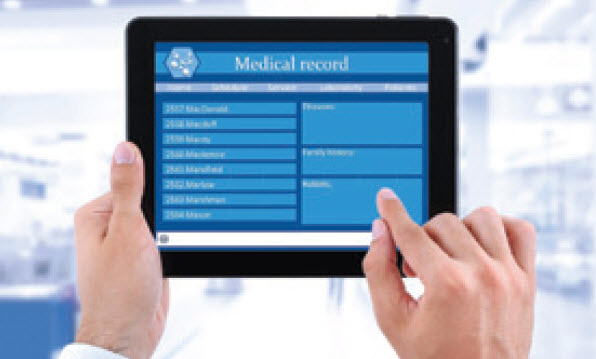Protecting Wearable Device Bio-medical Data
[glossary_exclude]
Given Apple’s expansion into the bio-medical wearables market, data protection in healthcare becomes a formidable task, particularly because these wearables produce a staggering amount of data. Apple’s wearable footprint has the benefit of being coupled with basic security measures already in place [i.e., the App Store’s app development guidelines and Apple Health Records (AHRs)]. While this structure is not a failsafe, it nonetheless represents a starting point in delivering patient data protection patients that trust.
Building on this trust, healthcare systems must tie patient portal logins to this trust relationship. Information governance (IG) frameworks help in the development of this trust relationship. Datawatch identified 11 ways to master healthcare data. (1) Datawatch’s strategic insights can be measured against other sets of strategic insights, which then become operationalized in an IG framework. All 11 ways identified by Datawatch have been developed with data protection, privacy, and interoperability as primary functions.
Datawatch’s insights contribute to quality control and improvement. Quality Improvement (QI) “in the context of healthcare, is a systematic approach for ensuring consistent and safe patient outcomes. This approach includes a process for analyzing and using data to plan corrective action steps.” (2) Using insights such as those identified by Datawatch, QI takes on the added protection offered by lifecycle management thinking. For example, human-device interaction in terms of accessing patient records via smartphone-base patient portals is a product of a data audit. This type of audit systematically identifies all data that encounters the system. This includes the use of this data and how it flows through the organization. If the healthcare information system uses QI to improve the quality and access of this information, security must, as a rule, be part of the system.
[/glossary_exclude]
recent posts
You may already have a formal Data Governance program in […]

